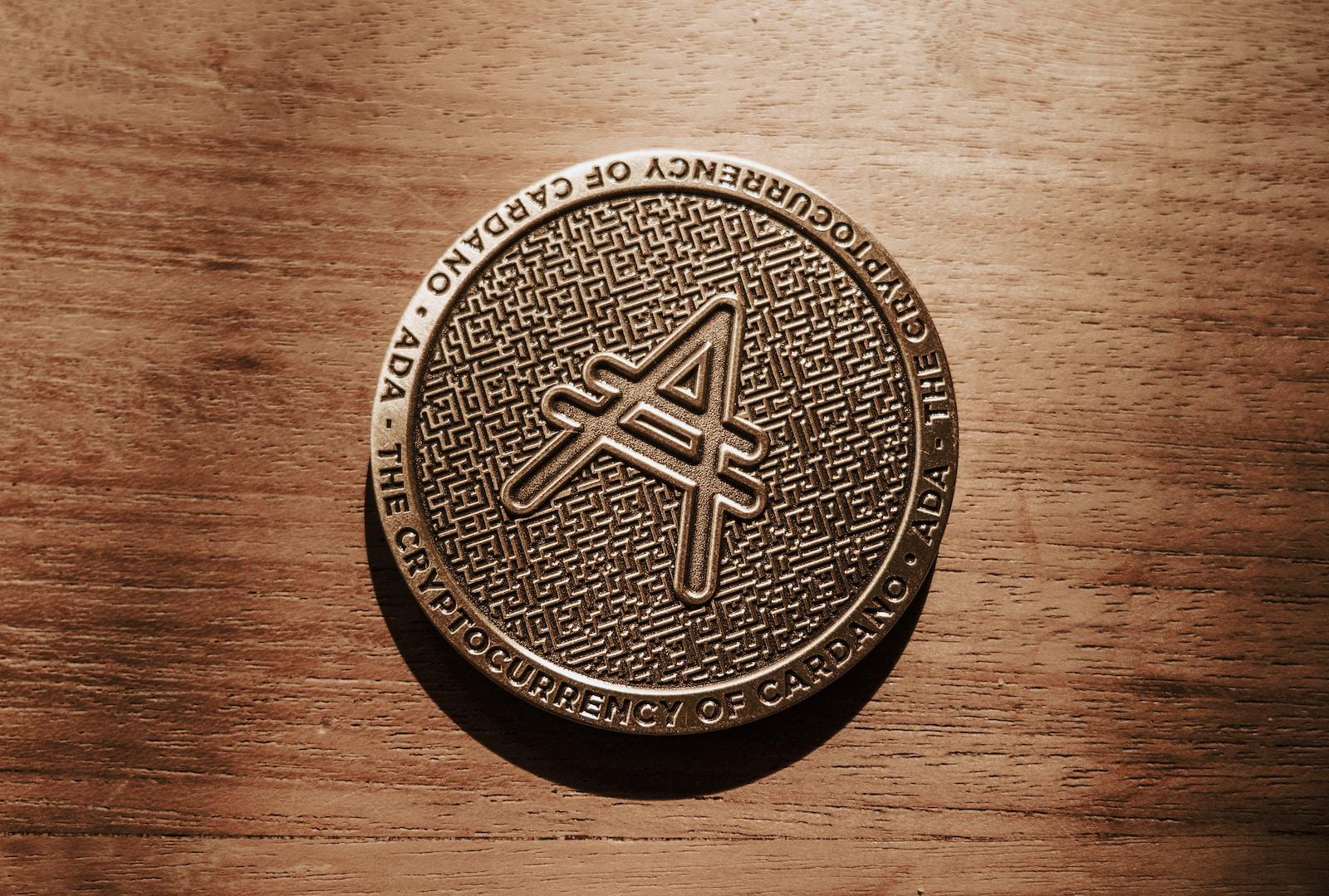In the past decade, the world has witnessed the remarkable rise of cryptocurrencies and the underlying technology behind them – blockchain. As these digital assets continue to gain popularity, it has become essential for individuals to acquire a solid understanding of cryptocurrency, blockchain technology, and distributed ledger systems. In this article, we will explore the basics of cryptocurrencies, delve into the intricacies of blockchain technology, and venture into more advanced topics such as smart contracts, decentralized finance (DeFi), and cryptocurrency governance. By the end, you’ll be equipped with the knowledge necessary to navigate this exciting and rapidly evolving field.
I. The Basics of Cryptocurrency:
Cryptocurrencies, such as Bitcoin and Ethereum, are digital or virtual currencies that utilize cryptography for security and operate on decentralized networks. They offer secure, peer-to-peer transactions, without the need for intermediaries like banks. The basics of cryptocurrency include concepts like wallets, private and public keys, and blockchain consensus mechanisms.
A. Wallets: Cryptocurrency wallets store private keys that enable users to access and manage their digital assets. Wallets come in various forms, such as software wallets (desktop or mobile apps) and hardware wallets (physical devices).
B. Private and Public Keys: Cryptographic keys are used to secure transactions and control access to cryptocurrencies. Public keys are shared openly, while private keys must be kept secure and confidential. Transactions are verified using these keys.
C. Blockchain Consensus Mechanisms: Consensus mechanisms ensure agreement among participants in a blockchain network. Proof of Work (PoW) and Proof of Stake (PoS) are popular consensus mechanisms used by different cryptocurrencies.
II. Blockchain Technology and Distributed Ledger Systems:
A. Understanding Blockchain: At its core, a blockchain is a decentralized, immutable ledger that records transactions across multiple computers. Each transaction, known as a block, is added to a chain of previous transactions. This technology offers transparency, security, and eliminates the need for intermediaries.
B. Decentralization and Security: Blockchain’s decentralized nature means no single entity has control over the network. This feature enhances security, making it difficult for malicious actors to manipulate the system. Consensus mechanisms ensure agreement on the validity of transactions.
C. Use Cases Beyond Cryptocurrencies: While cryptocurrencies remain the most well-known application of blockchain technology, its potential extends far beyond. Blockchain can be used for supply chain management, healthcare, voting systems, intellectual property protection, and more.
III. Advanced Concepts in Cryptocurrency:
A. Smart Contracts: Smart contracts are self-executing contracts with predefined rules encoded on the blockchain. They automatically execute actions when certain conditions are met. Ethereum’s blockchain is particularly renowned for its smart contract capabilities.
B. Decentralized Finance (DeFi): DeFi refers to a rapidly evolving ecosystem of financial applications built on blockchain networks. These applications aim to provide decentralized alternatives to traditional financial intermediaries, offering services like lending, borrowing, decentralized exchanges, and yield farming.
C. Cryptocurrency Governance: Governance in the crypto space refers to the mechanisms by which decisions are made and protocols are updated. This includes discussions on network upgrades, consensus rule changes, and community voting. Governance models can be decentralized, community-driven, or delegated to specific entities.
Conclusion:
As cryptocurrencies and blockchain technology continue to reshape various industries, acquiring a solid education in this field is crucial. We have explored the basics of cryptocurrencies, delved into blockchain technology and distributed ledger systems, and touched on advanced concepts like smart contracts, DeFi, and cryptocurrency governance. Armed with this knowledge, you are better equipped to navigate the evolving landscape of cryptocurrencies and harness their transformative potential. Embrace the power of crypto education and embark on your journey into this exciting realm of innovation and opportunity.





